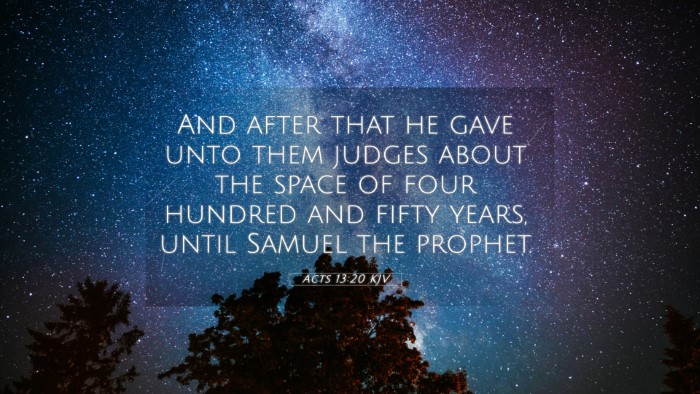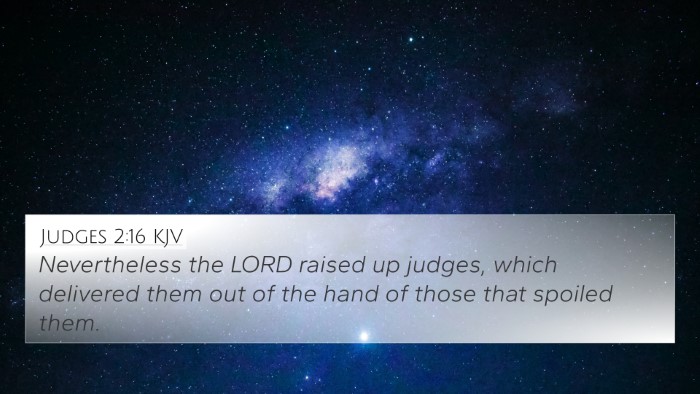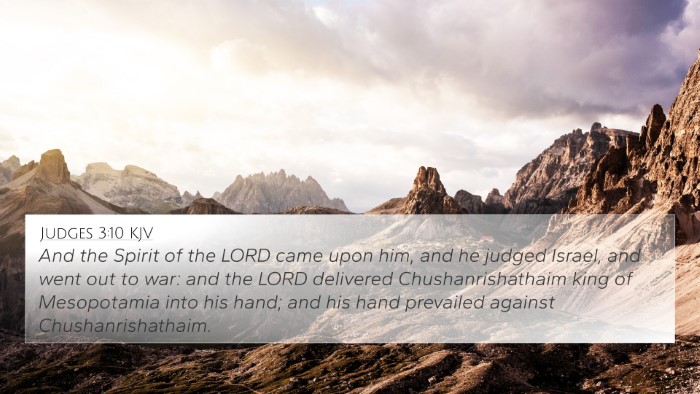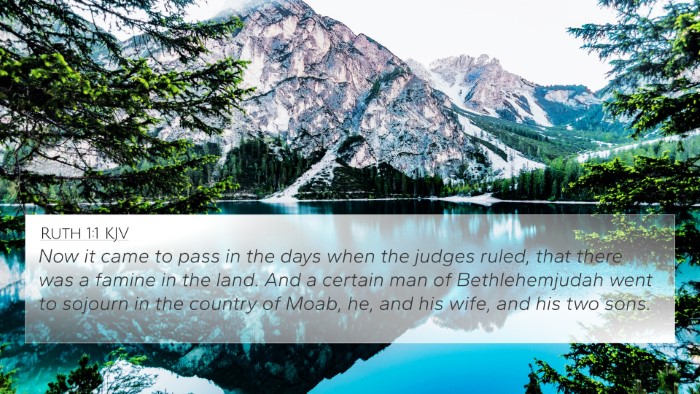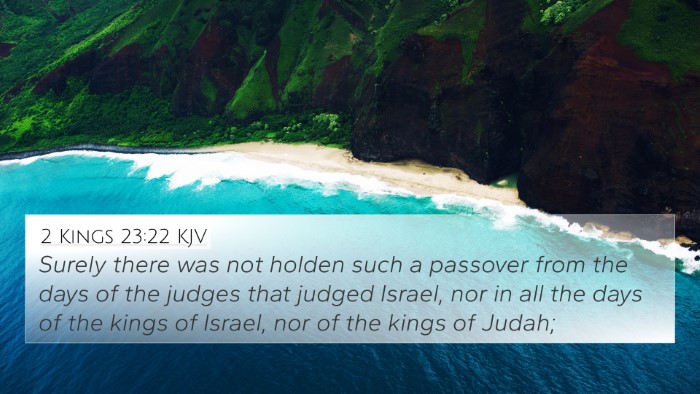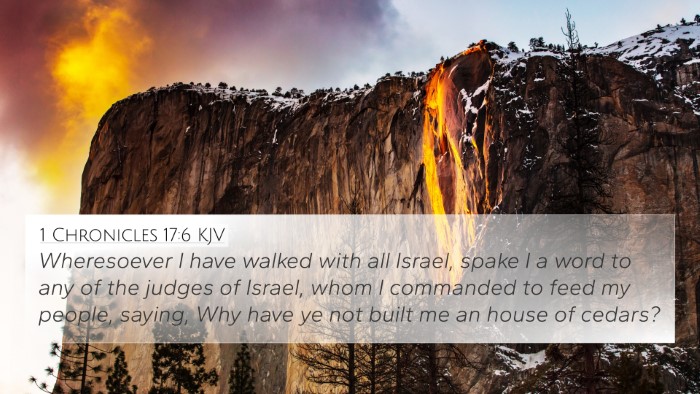Understanding Acts 13:20
Acts 13:20 states, "And after that he gave unto them judges about the space of four hundred and fifty years, until Samuel the prophet." This verse plays a crucial role in showcasing the historical timeline of Israel's leadership. It highlights an important transition in God's leadership of His people, particularly focusing on the period of judges before the rise of the monarchy. Below, we will explore a combination of insights from public domain commentaries, such as those by Matthew Henry, Albert Barnes, and Adam Clarke, to provide a comprehensive understanding of this scripture.
Historical Context
To fully grasp the meaning of this verse, it is essential to understand the historical context of the Israelites' journey. After their escape from Egypt, the Israelites entered the Promised Land and were governed by a series of judges. This time was marked by varying degrees of faithfulness and rebellion among the people. Matthew Henry states that these judges served as deliverers during times of oppression and were pivotal in maintaining the worship of God among the Israelites.
The Period of Judges
The mention of `judges` is significant as it refers to leaders who arose in times of crisis. Albert Barnes notes that these judges were not a permanent governance structure, but rather raised up by God to deliver and guide the Israelites in distress. The duration of approximately four hundred and fifty years encompasses a significant period in Israel's history where the cycle of falling away and redemption repeatedly occurred, illustrating the people's tendency towards idolatry and the need for divine intervention.
Transition to Kingship
Acts 13:20 also specifies that this period lasted until Samuel, who was not only a judge but also a prophet. Adam Clarke explains that Samuel marks a pivotal point where the Israelites transitioned from a tribal confederation ruled by judges to a monarchy. This shift illustrates a critical juncture in Israel's relationship with God, as they desired a king like the nations around them, leading to the anointing of Saul as their first king.
Theological Implications
Theological interpretations of Acts 13:20 reveal significant insights into God’s plan for His people. Henry emphasizes that God's provision of leaders reflects His mercy towards His people despite their repeated disobedience. Furthermore, the verse serves as a precursor to the necessary reflection of Israel's future with their longing for a king, culminating in God’s response through the anointing of Saul, showing how God accommodates human desires even amidst their failures.
Cross-References
Acts 13:20 can be linked to several key Bible verses that enhance our understanding of the period of judges and Samuel's role:
- Judges 2:16-19: Details the cycle of judges and the unfaithfulness of Israel.
- 1 Samuel 8:5: The Israelites demand a king, leading to the establishment of monarchy.
- 1 Samuel 3:20: Highlights Samuel's recognition as a prophet and leader.
- Hebrews 11:32-34: Mentions judges in the "Hall of Faith" as examples of faithful leadership.
- 2 Samuel 7:8-16: God's covenant with David, which follows the period of judges.
- 1 Kings 6:1: Marks the beginning of the construction of the Temple in Solomon's reign.
- Acts 7:60: Stephen recounts history emphasizing God's guidance through leaders.
Connections between Bible Verses
Throughout scripture, the narrative of judges and their responsibilities interlinks with themes of leadership, faithfulness, and God's providential care. This inter-Biblical dialogue urges believers to explore deeper connections between the Old and New Testaments. For instance:
- Thematic Bible verse connections: Leadership in crisis across various contexts in scripture.
- Comparative Bible verse analysis: Examining how judges relate to apostolic teachings.
- Cross-referencing Bible study: Tools to delve deeper into Israel's history and God's continual guidance.
Study Methods
Utilizing a Bible concordance alongside Bible cross-reference guides can provide a richer understanding of Acts 13:20. Engaging in cross-referencing Bible study methods can lead to valuable insights about Israel's judges and Samuel. Believers are encouraged to explore how different passages supplement each other and to reflect on lessons that can be applied to their spiritual journeys.
The Journey into Study
For those seeking to discern how to find cross-references in the Bible, this verse presents a perfect opportunity. Here are some methods:
- Identifying connections between Old and New Testament: Recognizing themes of leadership.
- Cross-reference Bible study tools: Using materials that support thematic study.
- How do two specific Bible verses connect: Understanding the link between the role of judges and kings.
Conclusion
Acts 13:20 serves as a pivotal verse illustrating God's governance through judges before the monarchy in Israel. By engaging with this verse and its historical context, we can appreciate the profound implications of divine leadership, the cyclical nature of Israel's faith, and the overarching narrative that spans from the judges to the monarchy, and ultimately leads to Christ. In this light, cross-referencing related Bible verses can enrich our study, aid sermon preparation, and deepen our spiritual understanding. Exploring these connections enables a greater comprehension of God's faithfulness throughout history.

